Democratizing Water Governance in the Mekong Region
by Mekong PressEdited by Louis Lebel, John Dore, Rajesh Daniel, and Yang Saing Koma
Co-published with Unit for Social and Environmental Research (UNIT)
Over the last few decades, the Mekong region has been facing complex pressures and challenges in water governance driven by a range of economic integration efforts and relationships motivated by national self-interest. This book, the first in a three-volume series, brings together the work of researchers, scholars, activists, and leaders in the Mekong region to provide a baseline, state-of-knowledge review of the contemporary politics and discourses of water use, sharing, and management, and their implications for local livelihoods.
The chapters critically analyze contested discourses on such topics as regional hydropower development, floods, and irrigation, along with the broader yet interrelated issues of gender, media, dialogue, and impact assessment. The writers explore the interplay of power relationships between actors such as state planners, regional institutions, the private sector, and various water users, in particular, politically marginalized groups including women, urban and rural poor, and ethnic peoples. The diverse array of topics and perspectives provides a sound basis for engaging in policy-related action.
Written in straightforward language that elucidates complex issues from hydrological modeling to energy planning and reform, the volume presents the evolving study and knowledge of water governance in the Mekong region. It will appeal to a broad readership and, at the same time, contribute to the Mekong region's democratic search for water governance options.
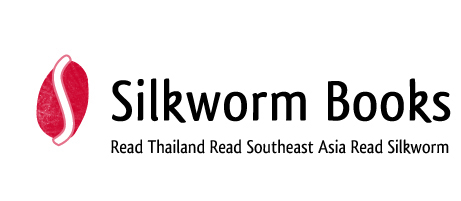
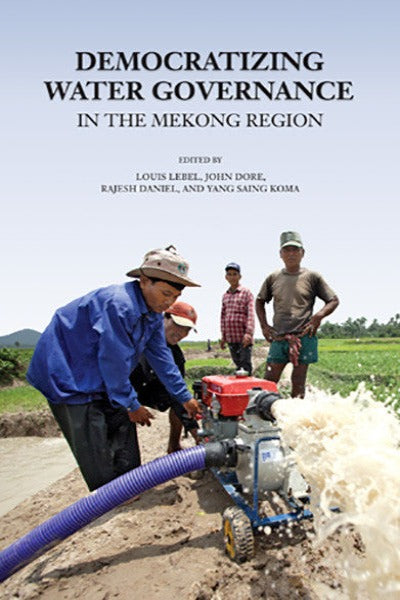

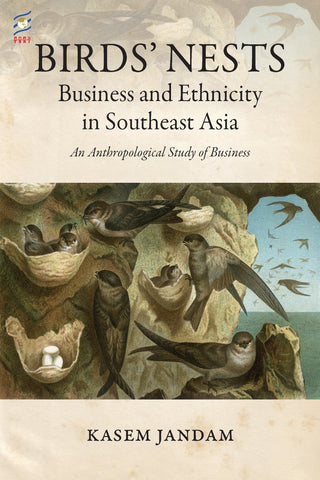
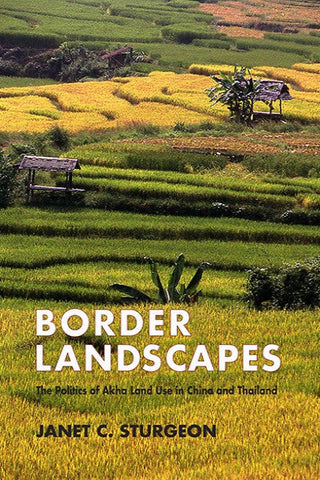
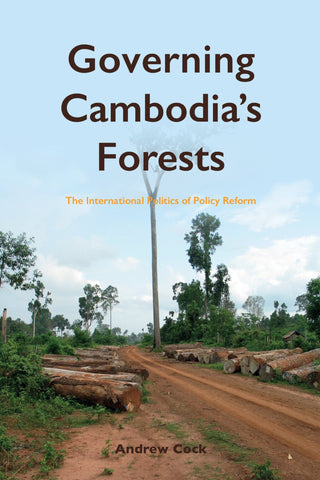

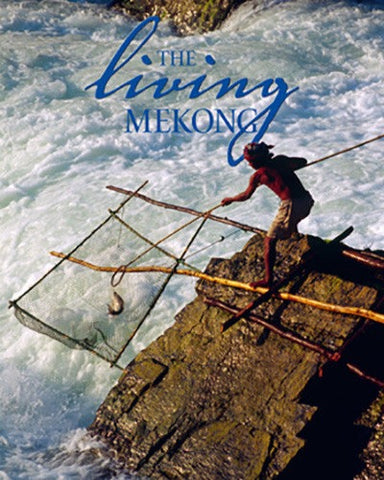
Share this item: